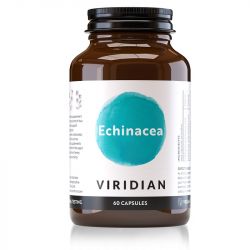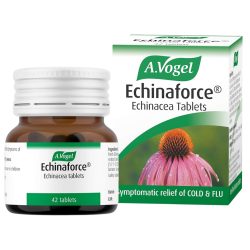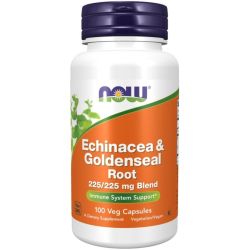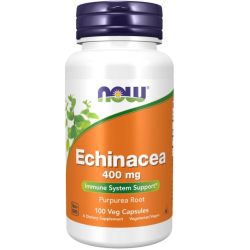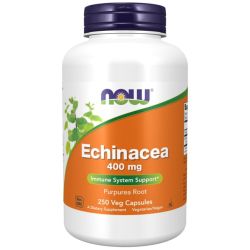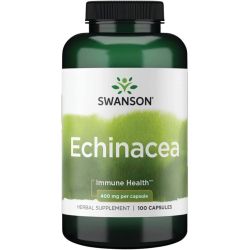Echinacea
Echinacea, commonly known as coneflower, refers to a group of flowering plants from the Echinacea genus, with Echinacea purpurea being the most widely studied species. Native to North America, Echinacea has been used for centuries by indigenous peoples for its medicinal properties, primarily to boost the immune system and combat infections. Historically, it was used to treat ailments such as colds, flu, and respiratory infections.
Modern research supports these traditional uses, indicating that Echinacea may help reduce the duration and severity of colds and other upper respiratory infections. Rich in antioxidants and anti-inflammatory compounds, Echinacea is available in various forms, including capsules, tinctures, and teas.
- Nature's Answer Echinacea Root + Golden Seal Alcohol Free 30mlSpecial Price £18.69 Regular Price £21.99
- Nature's Answer Echinacea Root + Golden Seal Low Alcohol 30mlSpecial Price £20.39 Regular Price £23.99
All you need to know about Echinacea
What are the benefits of echinacea?
When taken, echinacea stimulates the immune system because it contains compounds called polysaccharides and alkamides, which have anti-inflammatory properties. Echinacea is well-known for easing symptoms and reducing recovery time from the common cold, as well as flu. It can also be used to treat minor cuts, bruises and skin grazes.
How much echinacea should I be taking?
The amount of echinacea that you take depends on the type of supplement you are taking, what you treat it for, and how soon you take it. You should read the label carefully and always consult your GP before taking any supplements to confirm the right dosage for your needs. It is believed that echinacea is most effective for colds if it is taken as soon as cold symptoms start to develop.
Who shouldn't take echinacea?
Children should not take echinacea, even to treat colds, as this could cause side effects such as allergic reactions, facial swelling and problems with breathing. Pregnant women should avoid taking echinacea, as well as people with diabetes and auto-immune conditions, because of the way echinacea stimulates the immune system.
Does echinacea kill viruses?
Because echinacea stimulates and benefits the immune system, it has been found in studies to help our immune response to quicken and operate more effectively, which in turn helps us to combat infections and viruses when exposed to them.
How does Echinacea support the immune system?
Echinacea stimulates the production of immune cells and enhances the body's ability to fight infections. It may also help modulate the immune response, making it beneficial for those susceptible to colds and flu.






